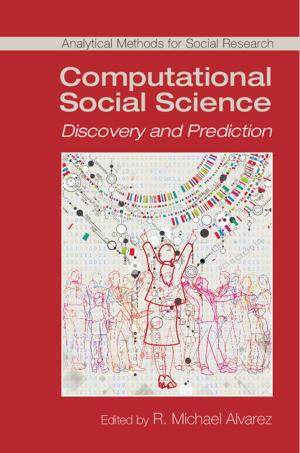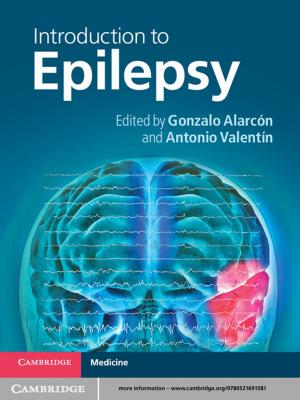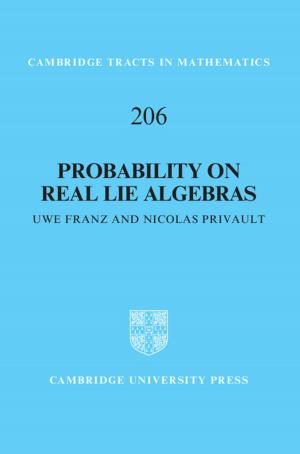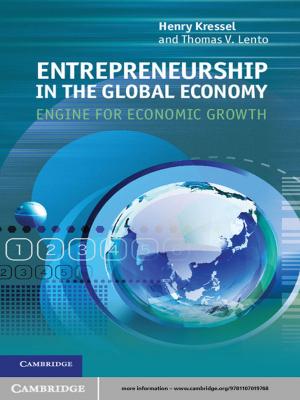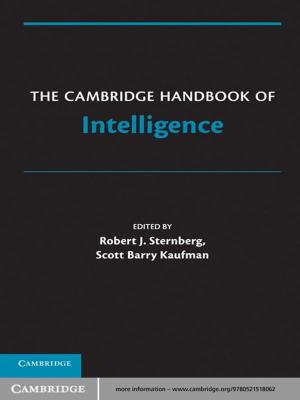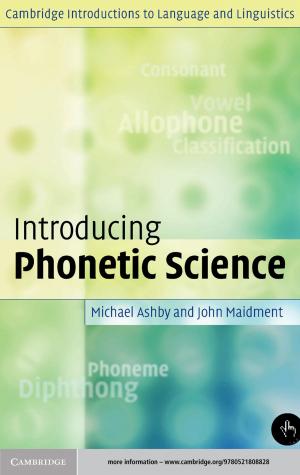An Introduction to Formal Logic
Nonfiction, Science & Nature, Mathematics, Logic, Religion & Spirituality, Philosophy| Author: | Peter Smith | ISBN: | 9781107485709 |
| Publisher: | Cambridge University Press | Publication: | November 6, 2003 |
| Imprint: | Cambridge University Press | Language: | English |
| Author: | Peter Smith |
| ISBN: | 9781107485709 |
| Publisher: | Cambridge University Press |
| Publication: | November 6, 2003 |
| Imprint: | Cambridge University Press |
| Language: | English |
Formal logic provides us with a powerful set of techniques for criticizing some arguments and showing others to be valid. These techniques are relevant to all of us with an interest in being skilful and accurate reasoners. In this highly accessible book, Peter Smith presents a guide to the fundamental aims and basic elements of formal logic. He introduces the reader to the languages of propositional and predicate logic, and then develops formal systems for evaluating arguments translated into these languages, concentrating on the easily comprehensible 'tree' method. His discussion is richly illustrated with worked examples and exercises. A distinctive feature is that, alongside the formal work, there is illuminating philosophical commentary. This book will make an ideal text for a first logic course, and will provide a firm basis for further work in formal and philosophical logic.
Formal logic provides us with a powerful set of techniques for criticizing some arguments and showing others to be valid. These techniques are relevant to all of us with an interest in being skilful and accurate reasoners. In this highly accessible book, Peter Smith presents a guide to the fundamental aims and basic elements of formal logic. He introduces the reader to the languages of propositional and predicate logic, and then develops formal systems for evaluating arguments translated into these languages, concentrating on the easily comprehensible 'tree' method. His discussion is richly illustrated with worked examples and exercises. A distinctive feature is that, alongside the formal work, there is illuminating philosophical commentary. This book will make an ideal text for a first logic course, and will provide a firm basis for further work in formal and philosophical logic.




